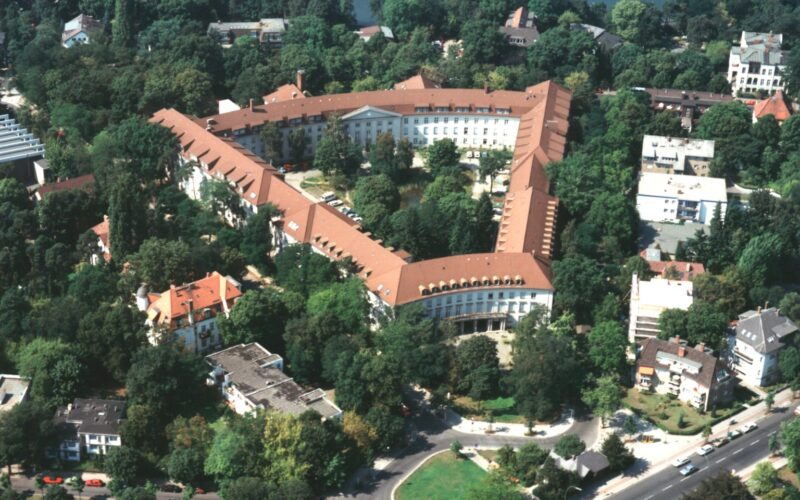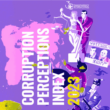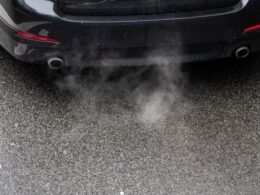German regulators have rejected 215,000 carbon credits, valued at approximately €18 million ($20 million), following an investigation into irregularities in the carbon market. The Federal Environment Agency’s inquiry, launched earlier this year, found issues with upstream emissions reductions (UER), a type of carbon credit used by companies to comply with European fuel emission caps.
The decision impacts eight projects based in China, and according to the agency, no new UER certificates from these projects will be allowed on the market. “This means that no new UER certificates from these projects will be released,” said Dirk Messner, president of the Federal Environment Agency (Umwelt Bundesamt – UBA), in a statement.
Each UER carbon credit represents one ton of carbon dioxide prevented from being released into the atmosphere. However, these credits have faced increased scrutiny after claims of exaggerated environmental benefits from various projects. UER credits are currently valued at around €85 per ton, down from peak prices of €440 per ton in 2022.
The eight disqualified projects are among 75 global UER projects, with the German agency now expanding its investigation to 13 more projects. The probe revealed “serious legal and technical inconsistencies” in seven projects managed by large international companies. An eighth project was disqualified for not following proper procedures.
The investigation was prompted by a whistleblower’s allegations of fraud within the UER market, which authorities are now examining with the help of an international law firm in China. Further complicating matters, only five of the 21 scrutinised projects granted inspectors full access during site visits, raising compliance concerns.
“For us, the refusal to carry out on-site inspections is a very strong indication that the project sponsors are either not prepared to fulfil their obligations or do not have the necessary control over the projects,” Messner said. “We will ensure that only legitimate UER certificates for new projects are placed on the market.”
German authorities are also working with Berlin’s public prosecutor, which is investigating 17 individuals associated with the verification bodies responsible for checking the UER projects, under suspicion of “joint commercial fraud.”
Messner emphasised that stricter controls will be enforced to ensure that only legitimate UER certificates from new projects enter the market.
UER credits are created by projects that lower emissions from fossil fuels at the upstream stage, prior to refinement. This is achieved by adopting measures that prevent the release of greenhouse gases, such as eliminating gas flaring.






















